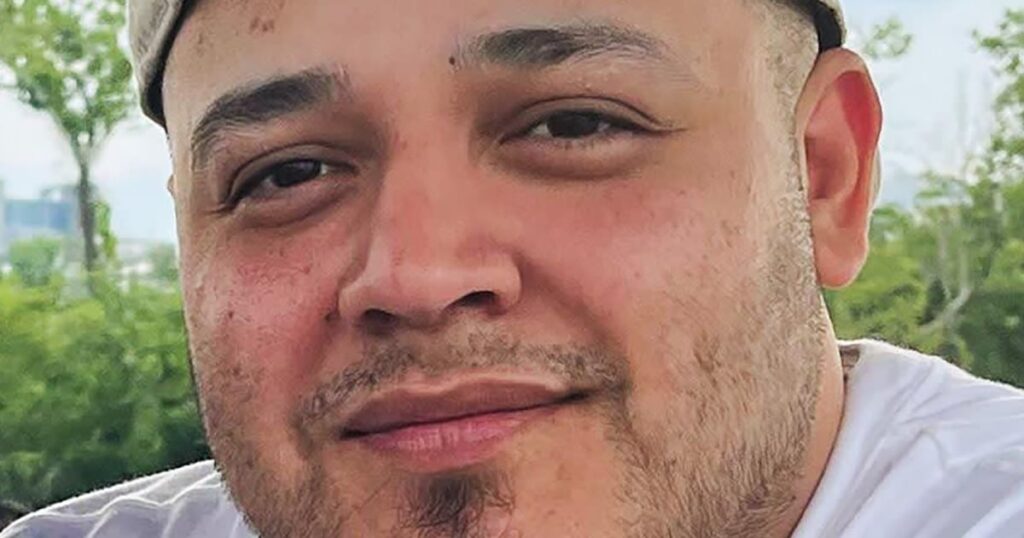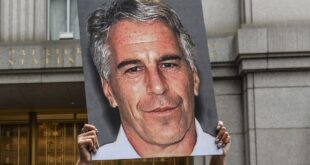
Back-to-back rulings on Wednesday ordered Kilmar Abrego Garcia — the man who was mistakenly deported in March to El Salvador — to be released from federal custody while he awaits trial on human smuggling charges and block his detention by immigration authorities in Tennessee.
U.S. District Judge Waverly Crenshaw in Nashville, Tennessee, denied the Trump administration’s motion to block Abrego’s release, writing that the government “fails to provide any evidence that there is something in Abrego’s history, or his exhibited characteristics, that warrants detention.”
“The pieces of evidence the Government cites to, taken alone or together, warrant a finding that Abrego is, at best, a low risk of nonappearance,” Crenshaw wrote. “The Court agrees with Abrego that the nature of the crimes he is accused of do not, on their own, fall within the categories of crimes Congress specifically enumerated as warranting a presumption of detention.”
Minutes after Crenshaw’s order, Judge Paula Xinis in Maryland issued an order blocking the government from taking Garcia into immigration custody in Tennessee.
At recent hearings for Abrego’s case, Xinis had expressed concern that Abrego would be immediately deported if released from federal custody.
“The Court shares Plaintiffs’ ongoing concern that, absent meaningful safeguards, Defendants may once again remove Abrego Garcia from the United States without having restored him to the status quo ante and without due process,” Xinis wrote in Wednesday’s order.
She also ruled the government must restore Abrego to ICE supervision in Baltimore and, if third-country removal proceedings are initiated, the government must provide Abrego and his counsel 72 “business hours” notice of the intended third country.
Abrego’s deportation has generated national headlines for months, amid the Trump administration’s broader push to reshape immigration policy in the United States.
The 29-year-old was deported to a notorious mega-prison in El Salvador in March, in what the government called an “administrative error.” His deportation was in direct violation of a judge’s order in 2019 that was issued to prevent Abrego’s deportation to El Salvador, where he was born and claimed to have been in danger of gang violence.
Abrego was brought back to the United States last month after months of legal back-and-forth between Abrego’s defense and the federal government.
Upon his return, he was immediately charged with two federal felonies in Federal District Court in Nashville: conspiracy to unlawfully transport illegal aliens for financial gain and unlawful transportation of illegal aliens for financial gain.
Abrego has pleaded not guilty to both charges.
This is a developing story. Please check back for updates.
 Latest World Breaking News Online News Portal
Latest World Breaking News Online News Portal








